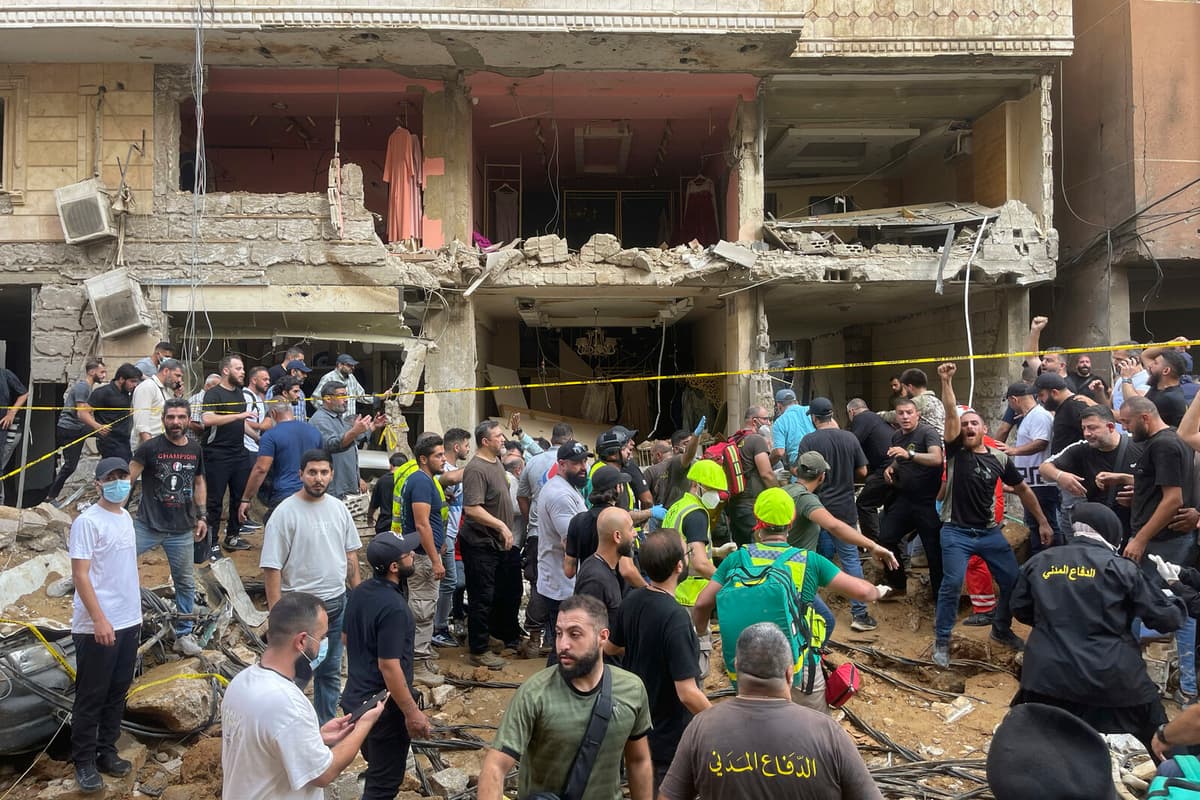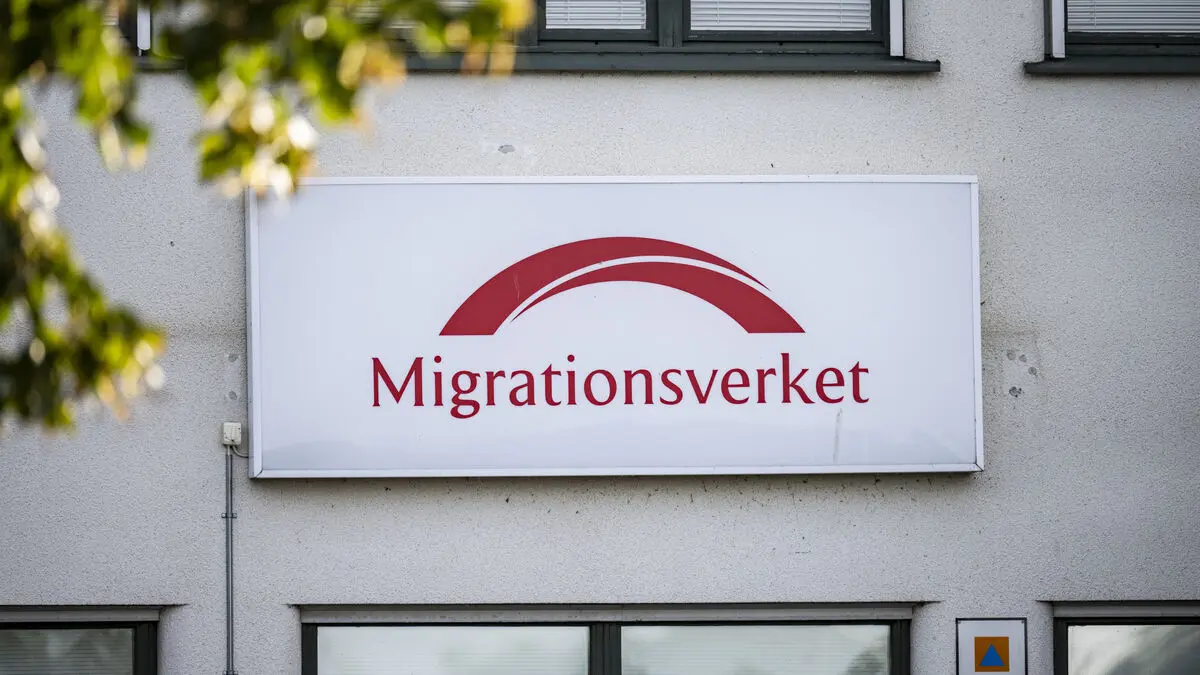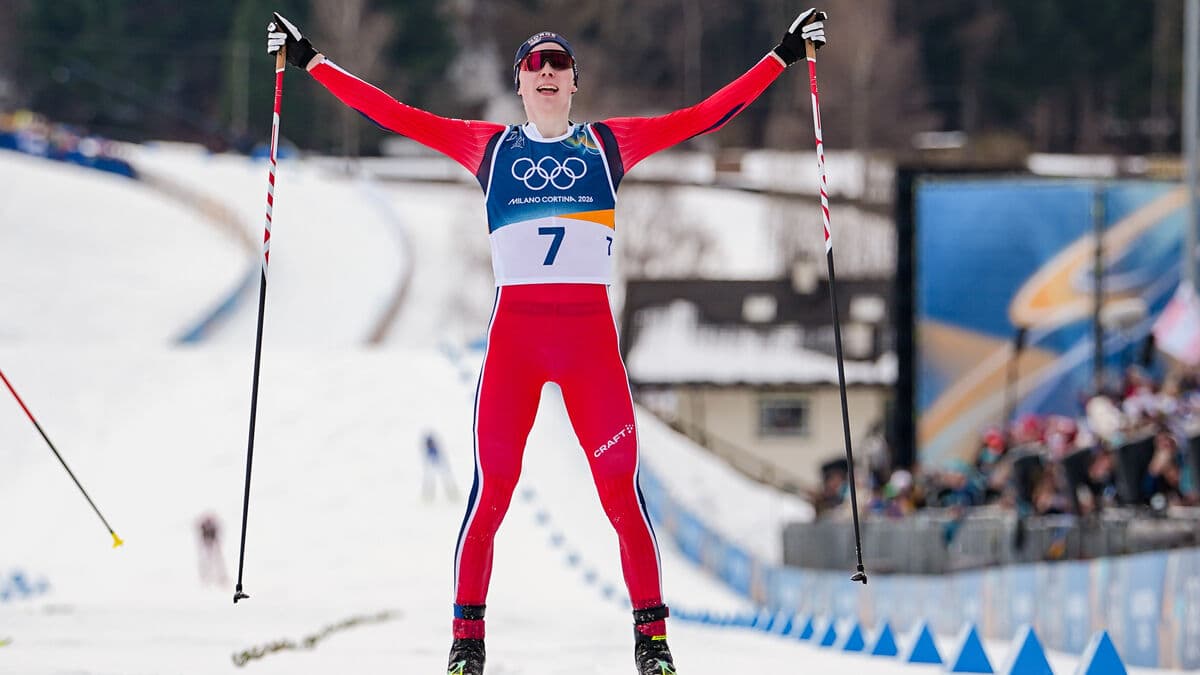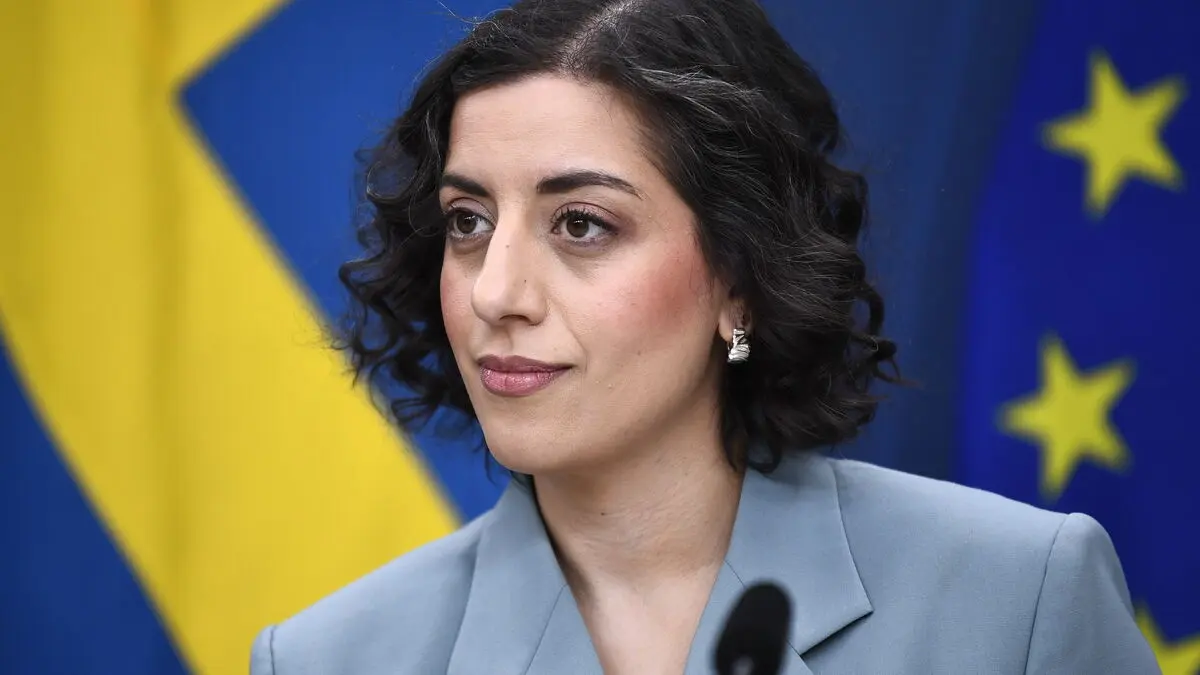The air strike hit Dahieh, a suburb in southern Beirut.
On social media, film clips are being spread that allegedly show the aftermath of the attack, which has caused extensive damage in a residential area.
According to Lebanon's national news agency NNA, four rockets hit a multi-family house, resulting in many civilian casualties. Rescue efforts are underway among the rubble.
Ibrahim Aqil, who held a leading position in the Iran-backed Shia militia's military branch, was the target. Israel's military announces that he was killed along with several other high-ranking commanders who planned a large-scale attack in northern Israel.
Dahieh is highly populated and is often described as a strong Hizbollah stronghold, but is also inhabited by many civilians.
Already tense situation
The Beirut attack is the third attack on southern Beirut since the Gaza War broke out in October last year, which has led to almost daily clashes between Hizbollah and Israel in areas near the Lebanon-Israel border. It is the deadliest air strike on the capital since the war between Hizbollah and Israel in 2006.
The attack represents an escalation from the already very tense situation between Israel and Hizbollah due to large-scale attacks where persons and walkie-talkies linked to Hizbollah exploded in Lebanon earlier this week. At least 37 people were killed and several thousand injured when many of the blasts occurred in both residential areas and public spaces.
Hizbollah has already responded with new rocket attacks on northern Israel, which are said to have been targeted at an intelligence headquarters that the militia accuses of being behind the Beirut attack.
Earlier on Friday, rockets from Hizbollah rained down on northern Israel on a large scale. Israel's military counts around 150 projectiles.
Has sworn revenge
The morning's rocket attack was described as revenge for Israeli attacks on Lebanese homes on the other side of the border.
Israel's air force attacked hundreds of targets in Lebanon on Thursday. This happened simultaneously with Hizbollah's highest leader Hassan Nasrallah holding a speech where he swore to avenge the exploding communication units.






